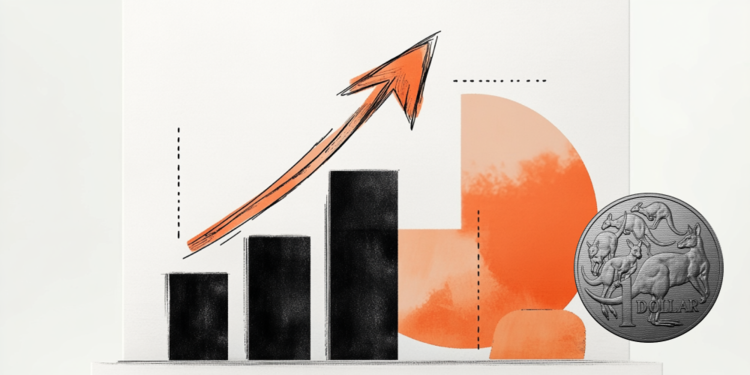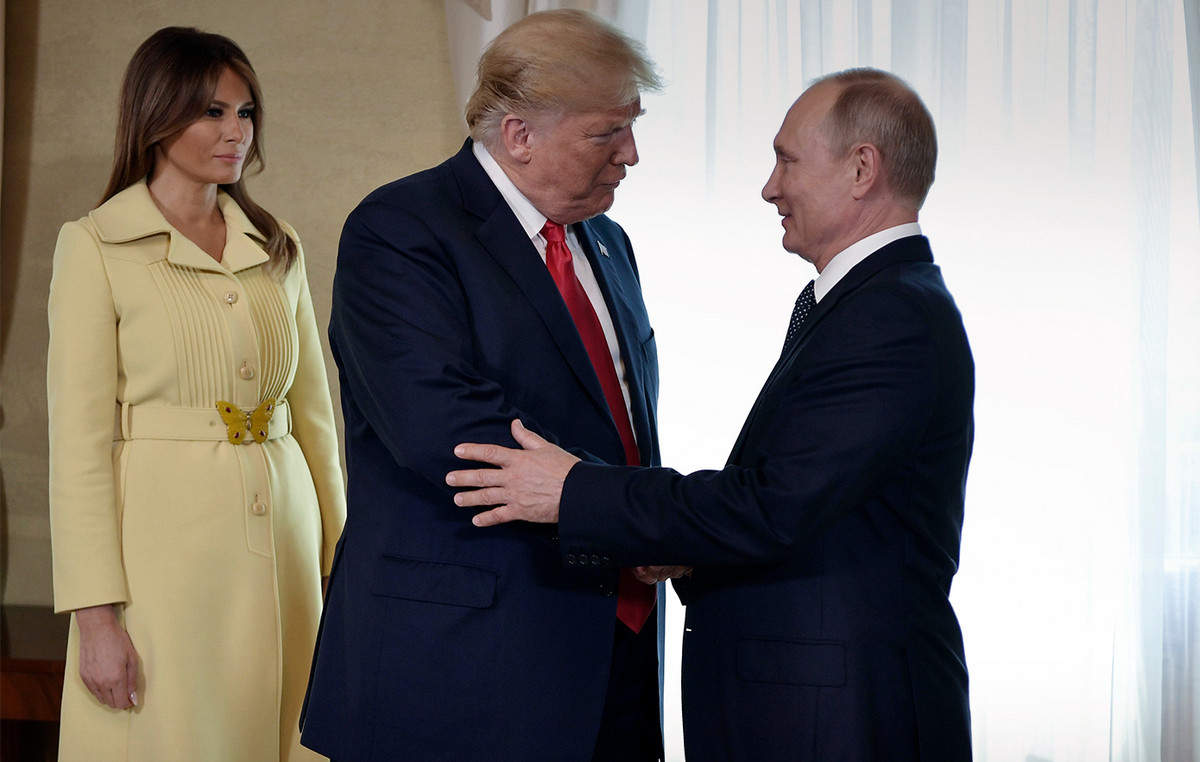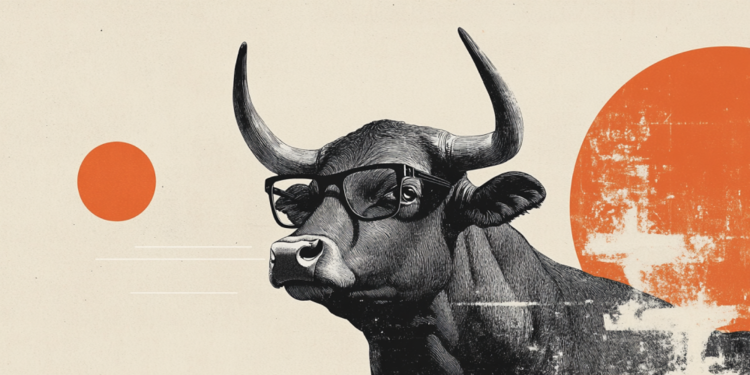The discovery of a BRL 20 billion shortfall in Americanas’ accounts, as disclosed in an official statement to the market (relevant fact) last Wednesday (11), made the market remember other crises in the retail sector.
Mesbla, Mappin, Ultralar, Arapuã and JumboEletro are some of the companies that, in recent decades, have seen their numerous stores spread across almost the entire national territory close.
Although the situation of Americanas – which provoked an “earthquake” in the market and undermined the confidence in the governance of Brazilian retailers – differs from what other giants in the sector once faced, it was a reminder of the vulnerability of companies in the sector.
Remember some of the most emblematic cases:
mapplin

Initially with the proposal of being a store of luxury items and goods, Mappin arrived in the country in 1913 and settled on Rua 15 de Novembro, in Sé, in São Paulo. It soon became an elite shopper’s paradise and the city’s second home for ladies, who flocked to the store to catch up. The increase in clientele forced the company to look for a new address — this time, in Praça do Patriarca — and, with the onset of the 1929 crisis, Mappin adapted to the new economic reality in the country and adopted a model that was more accessible to lower classes. less wealthy.
The years of prosperity extended until the 1990s, when increased competition divided the consumer public and Mapplin, in an ambitious move, aimed at expansion by buying stores from competing companies. In 1995, it announced a loss of more than R$ 20 million, and, the following year, it was acquired by businessman Ricardo Mansur, who was also a manager of Mesbla. Business did not prosper, and the retailer was declared bankrupt in the same year as its sister company.
mix

Established in the country in 1912, Mesbla marked an era for many Brazilians for more than eight decades and experienced its peak during the 1980s, when it reached the level of 180 stores and more than 28,000 employees throughout the national territory. The trademark of “having everything”, however, faced the blow of more sectorized competition at the turn of the 1990s and the popularization of shopping malls.
With the hyperinflation of the late 1980s, the board’s decision to stock excess goods, in fear of an even greater increase in prices, did not anticipate the arrival of the Real Plan, and the abundance of products soon became a billionaire headache. . With debts of BRL 1 billion, the company declared bankruptcy in 1999. 23 years later, in May 2022, the company announced its return to e-commerce.
ultralar

The retail arm of Empresa Brasileira de Gás a Domicílio — which would soon be called Ultragás —, Ultralar was an example of a good marketing move: associating the sale of cooking gas cylinders, then new on the market in the mid-1930s, with of stoves. Thus, one of the pioneers of the magazine model was born. Founded in 1956, the chain grew, diversified and became so resourceful that, between 1970 and 1973, it even went public on the Stock Exchange. In 1974, he inaugurated a hypermarket, which was later bought by the Carrefour chain.
In the early 1990s, the Ultra Group sought to restructure its business and adopted a policy of divestment from what was considered “outside the main business” of selling cylinders. Ultralar’s downfall began like this, and, with the fierce competition of the decade, it found no space to prosper. In 2000, the retailer declared bankruptcy and most of the stores were bought by the Casas Bahia group.
Arapuã

Also a victim of the 1990s, Arapuã was one of the largest retailers in the country and had 220 stores throughout the country. Founded in 1957, in the city of Lins (SP), it specialized in the sale of electrical and electronic products, and, as the decades went by, it saw its operation grow and gain notoriety.
The arrival of the Asian Crisis, at the end of the 1990s, led to an increase in interest rates by the Brazilian government, which harmed credit sales and increased defaults. The indebtedness of the Arapuã stores reached R$ 1 billion in 2002, which caused the closure of stores and massive layoffs. He filed for bankruptcy and, with that, proposed to creditors the payment of debts in two years. Some of them, however, did not receive the amounts promised and filed lawsuits against the company, which was declared bankrupt in July 2002.
The company reversed the decision in the second instance. In 2009, it appealed to a request for judicial recovery, which was denied in 2020 by the 4th panel of the Supreme Court of Justice (STJ), and had its bankruptcy again decreed.
JumboElectro

Until today one of the major players in the market, Grupo Pão de Açúcar decided, in 1976, to acquire Eletroradiobraz, one of the largest retail companies at the time. After the acquisition, the company’s supermarkets became known as Pão de Açúcar and hypermarkets as Jumbo Eletro.
As part of a business restructuring, Grupo Pão de Açúcar decided to deactivate the Jumbo stores, and the hypermarkets were renamed Extra.
Source: CNN Brasil
A journalist with over 7 years of experience in the news industry, currently working at World Stock Market as an author for the Entertainment section and also contributing to the Economics or finance section on a part-time basis. Has a passion for Entertainment and fashion topics, and has put in a lot of research and effort to provide accurate information to readers.







